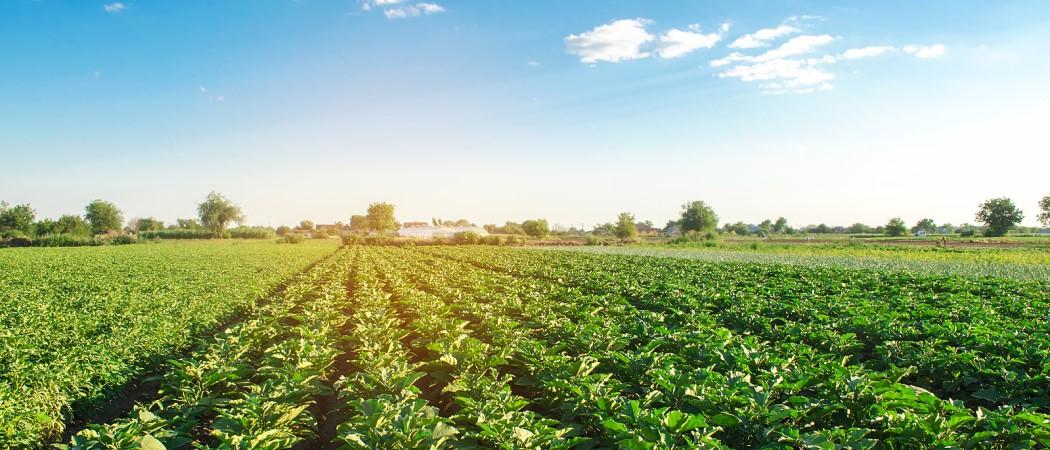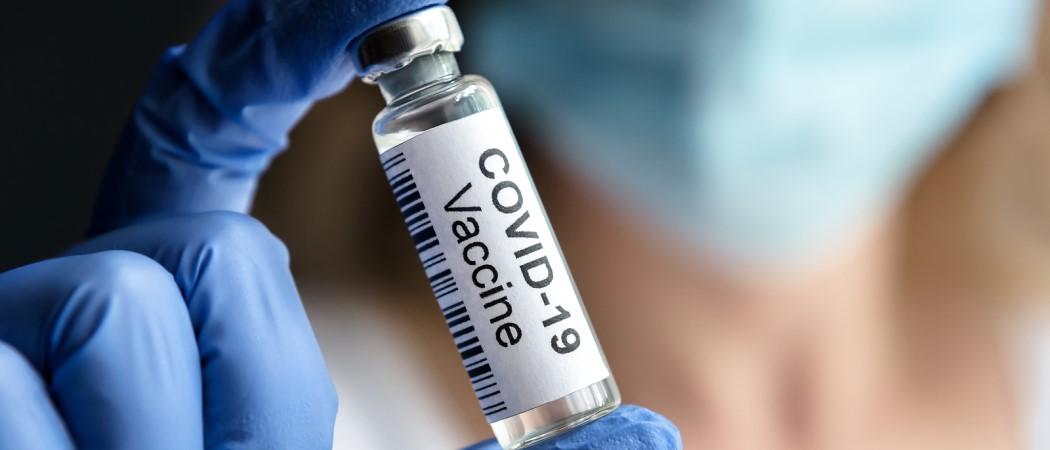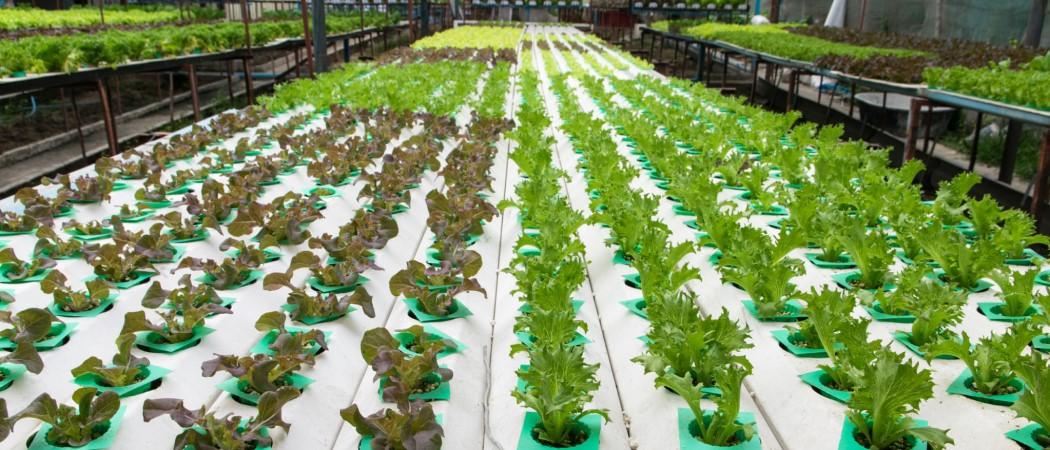 John LaRose Jr.
John LaRose Jr.
Topics: Agriculture Global, Economics, Sustainability, GMO's, Research, Ag Europe, Genes /Genetics, World Hunger, Weather,
Ethics report brings EU closer to decision on gene editing in agriculture
Using genome editing technologies in plants could help the EU ensure food security and reduce the impact of current agriculture practice on the climate, according to new report by the European Group on Ethics in science and new technologies (EGE). Allowing gene editing for precision breeding would help the EU achieve goals stated in its Farm to Fork strategy, of reducing use of fertilisers by 30 per cent and turning 25% of agricultural land over to organic farming by 2030. “There is a need to ensure food security, provide renewable resources for fuel, feed and fibre, safeguard the retention of biodiversity and protect the environment,” the report says. “Current forms of agriculture contribute significantly to the anthropogenic climate crisis.” The ethicists also call for broader and more inclusive societal debate on genome editing, for better monitoring of regulatory and scientific developments in the field, and moves to establish a system of global governance of gene editing technologies. EGE looked at the impact of gene editing in humans, animals and plants, concluding that in agriculture, the EU should speed up its adoption for plant breeding, to keep up with international competition and support food production. Gene editing of plants is comparable to current breeding techniques that use radiation or chemicals to genetically manipulate seeds, or to what can be achieved by the natural, but laborious process of crossing different cultivars. According to the Euroseeds association, the regulation of genome editing that is comparable to conventional methods should be proportional to the risk - and light in touch. Petra Jorasch, manager of plant breeding innovation advocacy at Euroseeds, said without improvements in plant breeding, Farm to Fork will reduce agricultural productivity. “If you take [pesticides and fertilisers] from farmers, you need some kind of innovation to compensate,” she said. Catching up with the rest of the world Precision breeding of plants through gene editing cannot b...
-
(0)
-
Bookmark
- Comments (0)
 John LaRose Jr.
John LaRose Jr.
Topics: GMO's, Ag Europe, Genes /Genetics, Government / Policies, Education,
Horizon Europe to fund research on genome editing in agriculture
Horizon Europe is to allocate €5 million for projects aimed at understanding the benefits and risks of genome editing technologies in agriculture over the next two years, according to a leaked draft work programme. The move is in support of the ‘Farm to Fork’ plan to reduce the use of fertilisers by 30 per cent and turn 25 per cent of agricultural land over to organic farming. To reach these objectives, the Commission says the EU needs to “enable major advances in the life sciences and biotechnology, in new genomic techniques, such as gene/genome editing.” Plans for the €5 million call come after EU agriculture ministers called on the Commission last October to enable the use of “new innovative ingredients and techniques” to boost sustainable food production, once they are shown to be safe for humans, animals and the environment. The headline figure for the call is only indicative, and the Commission could fund proposals that go beyond this figure. Also last October, French scientist Emmanuelle Charpentier, director at the Max Planck Institute for Infection Biology in Berlin, and her collaboration partner Jennifer Doudna, were awarded the Nobel prize in chemistry “for the development of a method for genome editing.” But as things stand, precision breeding of plants with gene editing technologies cannot be used in the EU, following a 2018 ruling by the European Court of Justice (ECJ), which founds genome editing is subject to the 2001 EU directive banning genetically modified organisms (GMOs). In an early post-Brexit move, the UK last month launched an industry consultation on gene editing, as it seeks to move away from EU regulations on genetically modified organisms (GMOs). Depending on the outcome, there will be a second consultation on changing the definition of a GMO. The UK government view is that organisms produced by gene editing or by other genetic technologies, should not be regulated as GMOs if they could have been produced by traditional breeding methods. The proposed €5...
-
(0)
-
Bookmark
- Comments (0)
10/24/2020 SOURCE: sciencebusiness.net
The phase III trial of AZD1222, the COVID-19 vaccine being developed by AstraZeneca and Oxford University will continue in Brazil, following a review into the death of a volunteer. The Brazilian health authority disclosed the death on Wednesday, without saying if the volunteer had received the vaccine or the placebo, citing confidentiality protocols. Oxford University said a "careful assessment" had revealed no safety concerns in the phase III COVID-19 trial, which started in June and aims to enrol 5,000 volunteers across the country. AstraZeneca said it could not comment on individual cases but "can confirm that all required review processes have been followed". "All significant medical events are carefully assessed by trial investigators, an independent safety monitoring committee and the regulatory authorities," the company said. "These assessments have not led to any concerns about continuation of the ongoing study." The test vaccine, developed at the Jenner Institute at Oxford University, is also in phase III trials in the UK, South Africa and the US. AZD1222 is one of the leading candidates of more than 240 similar efforts around the world. In a bid to further speed up development of a vaccine, it was announced earlier this week that healthy people will be deliberately infected with COVID-19 in the first “human challenge” trial for the virus, set to begin at a London hospital in January. The London study will recruit up to 90 healthy volunteers between the ages of 18 and 30. The UK government has pledged to invest £33.6 million in the trial, which will be carried out by HVivo, the UK subsidiary of Open Orphan plc of Dublin. HVivo has long experience of conducting these trials, having deliberately infected around 3,000 volunteers with different viruses in previous human challenge studies. “Deliberately infecting volunteers with a known human pathogen is never undertaken lightly,” said Peter Openshaw, co-investigator on the study at Imperial College London. “However, such studies ar...
COVID-19 vaccine trial will continue after volunteer death
-
(0)
-
Bookmark
- Comments. (0)
10/24/2020 SOURCE: sciencebusiness.net
The EU should make use of innovative breeding technologies to boost sustainability of food production, agriculture ministers agreed on Monday, as they gave their stamp of approval to the European Commission’s ‘Farm to Fork’ plan to reduce the use of fertilisers by 30 per cent and turn 25 per cent of agricultural land over to organic farming. The ministers called for the use of “new innovative ingredients and techniques” to boost sustainable food production, as long as they are shown to be safe for humans, animals and the environment. This was with reference to precision breeding using gene editing, which enables genetically modified organisms to be generated without introducing genes from other species. As things stand, the technology cannot be used in the EU, following a 2018 ruling by the European Court of Justice, which founds genome editing is subject to the 2001 EU directive banning genetically modified organisms. Researchers in 120 institutes across Europe have asked the commission to reverse the court ruling, arguing precision breeding and genome editing are a speeded-up equivalent of traditional breeding techniques and could increase the genetic diversity of crop plants, reduce use of pesticides, and further the development of healthy food. Agriculture ministers want the commission to complete its study of the status of novel genomic techniques under EU legislation by April 2021. The commission’s view is that precision farming technologies should underpin the transition to eco-friendly food production. Frans Timmermans, the commission’s executive vice-president for the European Green Deal said the EU aims to give farmers the tools to adopt precision agriculture and to leverage scientific discoveries to optimise seeds. “That's how we limit our dependency on pesticides,” Timmermans told delegates at the EU Green Week conference last week. “Going to ecological farming doesn't mean we all have to munch on grass and live in caves, we need to use the latest technology to get us ther...
Member states want commission to decide on the use of gene editing in animal and plant breeding
-
(0)
-
Bookmark
- Comments. (0)






